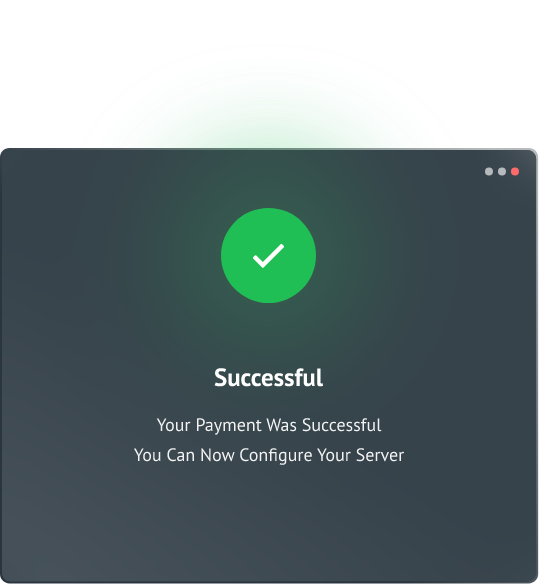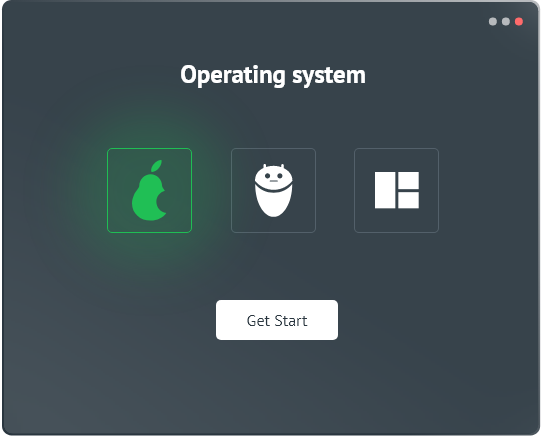OperaVPS offers popular and latest Debian versions for your VPS, but the optimal choice hinges on your specific needs.
Debian 8 (Jessie) is a good option for VPS users seeking stability and a proven track record. Its well-tested software base ensures compatibility and efficient resource usage, making it ideal for resource-limited VPS plans. Though lacking the latest features, it provides a dependable foundation for your VPS needs.
Even though no longer officially supported, Debian 9 (Stretch) remains a solid choice for VPS users seeking stability. Its long-tested reputation and vast repository of open-source software ensure a reliable and secure environment for web servers, databases, and other mission-critical applications on your VPS.
A Debian VPS server builds on Debian 10's rock-solid stability for your virtual projects. Its vast repository of pre-tested, open-source software lets you easily set up the perfect environment, from web servers to development tools. Long-term security updates keep your Debian VPS safe.
Debian 11 (Bullseye) empowers your VPS with a robust selection of pre-tested open-source software, a performance boost from the upgraded kernel, and improved hardware compatibility features like driverless printing. This stable release provides a secure and versatile foundation for web applications, development, or critical server needs.
Arch Linux, while not for beginners, offers a compelling choice for experienced users seeking ultimate control and customization on their Linux VPS. Its lightweight design and focus on bleeding-edge software make it highly performant and efficient, ideal for resource-constrained environments. You can order the latest version of Arch Linux from OperaVPS.
Debian 12 elevates your VPS with the latest Linux kernel (6.1) for improved performance and hardware compatibility. Streamlined audio with PipeWire and a revamped package manager (Apt 2.6) make managing your VPS a breeze. This powerful and user-friendly release empowers anyone to build a rock-solid VPS.


















